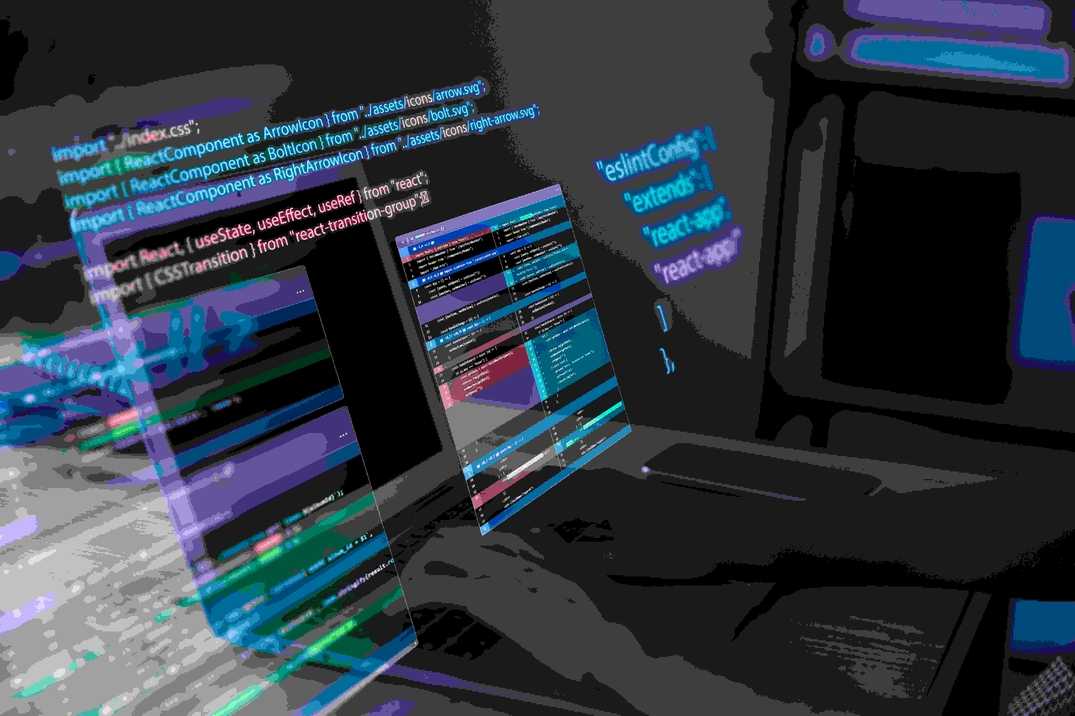
What’s Possible: Machine Learning and Healthcare Software Development
In recent years, the integration of machine learning (ML) into healthcare software development has ushered in a new era of possibilities. From personalized treatment plans to predictive analytics, ML is revolutionizing the way healthcare is delivered and managed. In this comprehensive guide, we’ll explore the myriad applications of machine learning in a healthcare software development agency, shedding light on the transformative impact it has on patient care and operational efficiency.
Understanding Machine Learning in Healthcare
Before we delve into the specifics, let’s establish a foundational understanding of machine learning and its relevance in the healthcare sector.
Unpacking Machine Learning
Machine learning is a subset of artificial intelligence that empowers systems to learn and make decisions based on data without explicit programming. Essentially, it allows computers to identify patterns, make predictions, and continuously improve their performance over time.
The Nexus of Machine Learning and Healthcare
In healthcare, ML algorithms process vast amounts of patient data, ranging from medical records and imaging studies to genetic information. By analyzing this data, ML models can assist in diagnosis, treatment planning, and even predict potential health issues before they arise.
The Multifaceted Applications of Machine Learning in Healthcare Software Development
Let’s explore the diverse ways in which ML is being leveraged to enhance healthcare software.
1. Diagnostic Precision and Speed
ML algorithms can analyze medical imaging data, such as X-rays, MRIs, and CT scans, to detect anomalies and assist in diagnosing conditions. This not only expedites the diagnostic process but also improves accuracy, reducing the likelihood of misinterpretation.
2. Personalized Treatment Plans
Through the analysis of patient data, including medical history, genetic makeup, and lifestyle factors, ML-powered software can generate personalized treatment plans. This tailored approach to care ensures that patients receive interventions that are most effective for their specific circumstances.
3. Predictive Analytics for Preventive Care
Machine learning models can analyze historical patient data to identify individuals at risk of developing certain conditions. By flagging high-risk patients, healthcare providers can implement proactive measures to prevent the onset of diseases, ultimately leading to better health outcomes.
4. Natural Language Processing for Record Analysis
Natural Language Processing (NLP), a branch of AI, enables healthcare software to extract valuable insights from unstructured text data, such as clinical notes and medical literature. This capability enhances clinical decision support systems and aids in evidence-based medicine.
Realizing the Potential: Collaborating with a Software Development Agency
To harness the full potential of machine learning in healthcare software development, it’s crucial to partner with a seasoned software development agency. These specialized agencies possess the expertise to design, develop, and deploy ML-powered solutions tailored to the unique needs of healthcare organizations.
Overcoming Challenges and Ensuring Ethical Use
While the benefits of machine learning in healthcare are immense, it’s important to address potential challenges, including data privacy, regulatory compliance, and algorithm bias. A responsible approach to ML implementation involves robust data governance, adherence to industry regulations, and continuous monitoring of algorithm performance to mitigate biases.
Case Studies: Real-world Impact of ML in Healthcare
Let’s take a look at a couple of real-world examples that illustrate the tangible benefits of incorporating machine learning into healthcare software development:
1. Oncology: Predictive Modeling for Cancer Treatment
ML algorithms analyze patient data, including genetic markers and treatment response rates, to predict the most effective treatment plans for cancer patients. This personalized approach has shown significant improvements in patient outcomes.
2. Remote Patient Monitoring
ML-powered software enables continuous monitoring of vital signs and other health metrics for patients outside of traditional clinical settings. This technology can alert healthcare providers to potential issues in real-time, allowing for timely interventions.
The Future of Healthcare: Where ML Takes Us Next
As machine learning continues to advance, the possibilities in healthcare seem boundless. From virtual health assistants to advanced drug discovery, the future promises even more groundbreaking innovations that will reshape the landscape of healthcare delivery.
In conclusion, the integration of machine learning in healthcare software development represents a monumental leap forward in patient care and operational efficiency. By harnessing the power of ML, healthcare organizations can unlock a new realm of possibilities, ultimately leading to better outcomes for patients around the world. Remember, the key lies in strategic partnerships with experienced software development agencies and a commitment to ethical, responsible use of this transformative technology.


